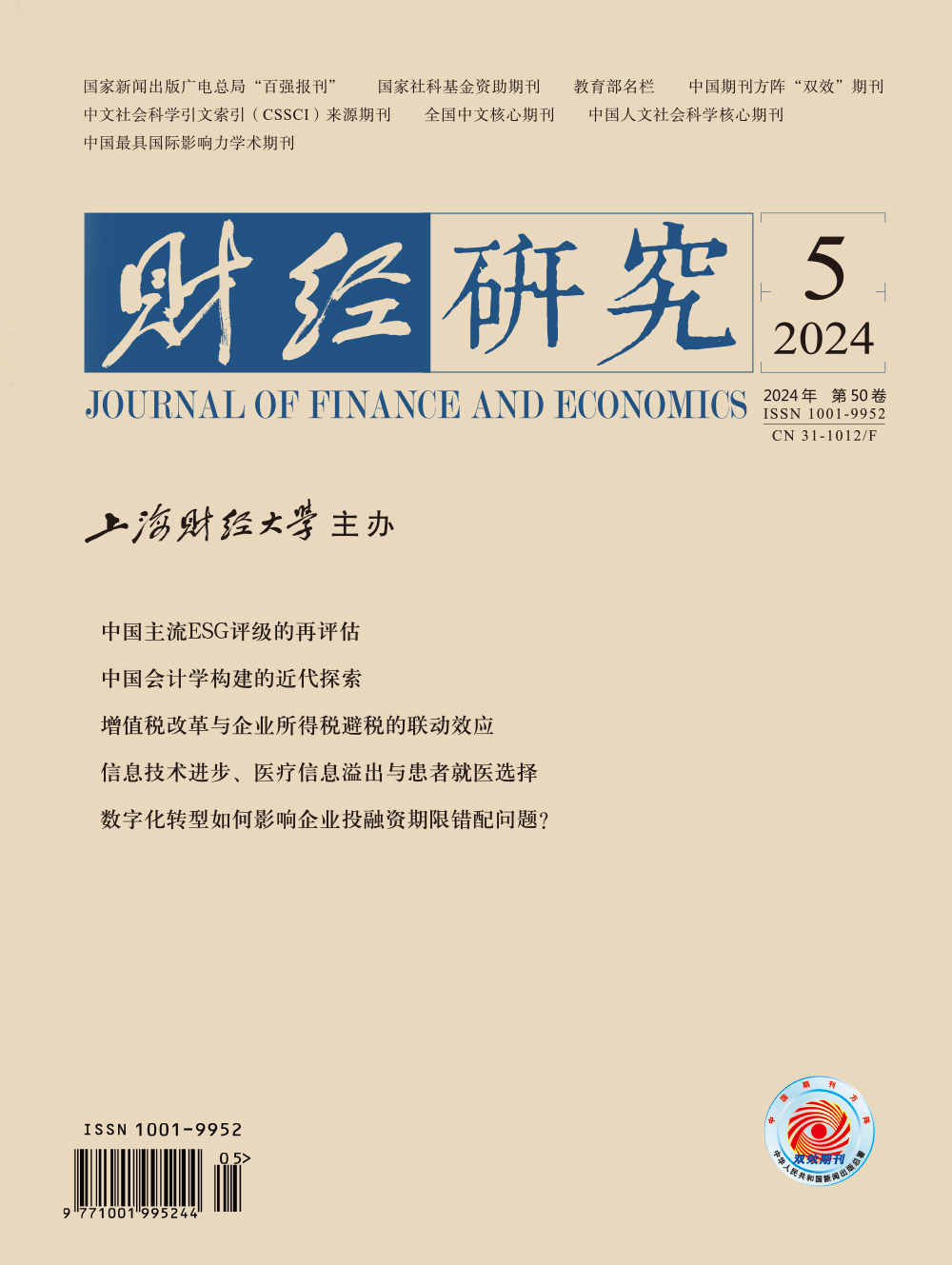Under the new development paradigm, the promotion of enterprise specialization is crucial to promoting high-quality and sustainable development of enterprises and enhancing the position of Chinese enterprises in the domestic and international division of labor. ESG performance is the result of the application of China’s new development philosophy at the microcosmic enterprise level, which not only affects the business risk and financial performance of enterprises, but also enhances their own specialization and facilitates the division of labor among enterprises by conveying more adequate and effective information to stakeholders. Therefore, based on the data of China’s A-share listed companies in Shanghai and Shenzhen from 2009 to 2022, this paper studies the impact of ESG performance on enterprise specialization.
The findings of this paper are as follows: First, good ESG performance can significantly increase the level of enterprise specialization, and E index, S index, and G index can show a significant positive relationship on enterprise specialization. Second, ESG performance enhances enterprise specialization by reinforcing comparative advantages, reducing transaction costs, and efficiently transmitting signals. Third, state-owned enterprises and large enterprises with policy and development advantages improve ESG performance more significantly to promote specialization. Manufacturing and non-high-tech enterprises with a stronger need for specialization improve their ESG performance more significantly by promoting specialization. Enterprises located in urban agglomerations or eastern regions with better business environments improve their ESG performance more significantly in promoting specialization. Third, the facilitative relationship between ESG performance and enterprise specialization is conducive to sustained increases in TFP and improvements in enterprise operations, which in turn promotes high-quality and sustainable enterprise development.
This paper explores the positive role and social contribution of ESG performance from the perspective of enterprise specialization and finds that ESG strengths can be translated into specialization strengths for enterprises. The conclusions of this paper provide clear empirical evidence and policy implications for understanding the motivations of enterprises to improve their ESG performance, realizing the economic effect and managerial value of ESG performance, and promoting enterprise specialization in the new development paradigm.





 6002
6002  8036
8036

